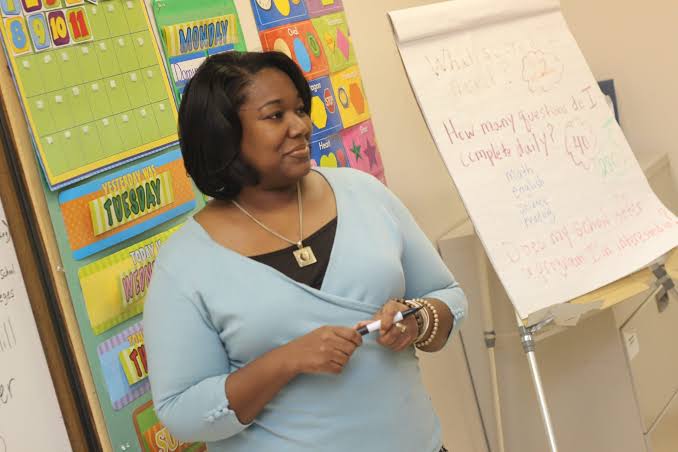The empiricist curriculum perspective stands as a departure from traditional education methods. It champions the idea that true understanding is born from direct interaction with the world. This perspective believes that learning is most effective when individuals engage with their senses, thus fostering a connection between theory and tangible experience. Unlike purely theoretical approaches, empiricism prioritizes firsthand encounters with knowledge.
Hands-On Learning and Experiments
At the heart of empiricist curriculum lies hands-on learning and experimentation. Learners are encouraged to actively participate in tasks that necessitate practical engagement. By doing so, they internalize concepts in a profound way that transcends mere memorization. Through experiments, students not only acquire knowledge but also hone critical thinking skills as they analyze outcomes and draw conclusions.
Observation and Reflection
Observation is a cornerstone of the empiricist perspective. Students are urged to observe their surroundings, collect data, and subsequently reflect on their findings. This process sharpens analytical thinking and nurtures the ability to derive meaningful insights from gathered information. Reflection encourages learners to connect dots and construct knowledge through personal interpretation.
Learning by Doing
“Learning by doing” encapsulates the essence of empiricist education. This approach asserts that practical application enhances comprehension. Engaging in activities related to the subject matter facilitates the integration of theory and practice. This method is particularly effective in skill-based disciplines where hands-on practice deepens understanding and expertise.
Real-World Relevance
Empiricism champions the practical relevance of education. By linking classroom content to real-world scenarios, students understand the significance of what they learn. This perspective equips learners with tools applicable beyond academics, preparing them to address challenges in professional and personal realms.
Personal Exploration
Empiricist curriculum invites learners to embark on personal exploration journeys. Encouraging self-directed investigations taps into intrinsic motivation, driving a thirst for knowledge. This method nurtures a sense of ownership over learning, promoting a lifelong learning mindset.
Skill Development
Empiricist education isn’t confined to theoretical understanding; it also focuses on skill development. By engaging in hands-on activities, students acquire practical skills applicable to real-world situations. These skills encompass not only technical proficiencies but also critical thinking, problem-solving, and communication abilities.
Critique of Over-Reliance on Theory
Critics of the empiricist perspective caution against disregarding theoretical underpinnings. They argue that an exclusive emphasis on empirical experiences might lead to incomplete understanding. Balance is key, suggesting that while practical encounters are crucial, they should be complemented with theoretical frameworks for a comprehensive education.
Integration with Other Approaches
Integrating empiricism with other curriculum approaches offers a well-rounded education. Combining empiricist principles with, for instance, constructivism or behaviorism, accommodates diverse learning styles. This amalgamation acknowledges the importance of both concrete experiences and social interactions in the learning process.
Challenges and Limitations
One challenge faced by empiricist curriculum is structuring experiences to ensure effective learning. Additionally, some abstract concepts might require supplementary theoretical instruction. Critics argue that not all knowledge can be gained through direct encounters, necessitating a nuanced approach.
Contemporary Applications
Empiricism finds contemporary application in project-based learning, experiential education, and vocational training. These approaches prioritize hands-on engagement, mirroring the empiricist philosophy. These methods cater to students’ individual learning styles and prepare them for practical challenges in various fields.
Conclusion
The empiricist perspective of curriculum offers a dynamic approach that bridges theory and practice. By emphasizing hands-on experiences, observation, and reflection, it promotes deep understanding and practical skills. While not without its challenges, the contemporary relevance of empiricism in education showcases its lasting impact on shaping effective learning methodologies.



 For all latest articles, follow on Google News
For all latest articles, follow on Google News